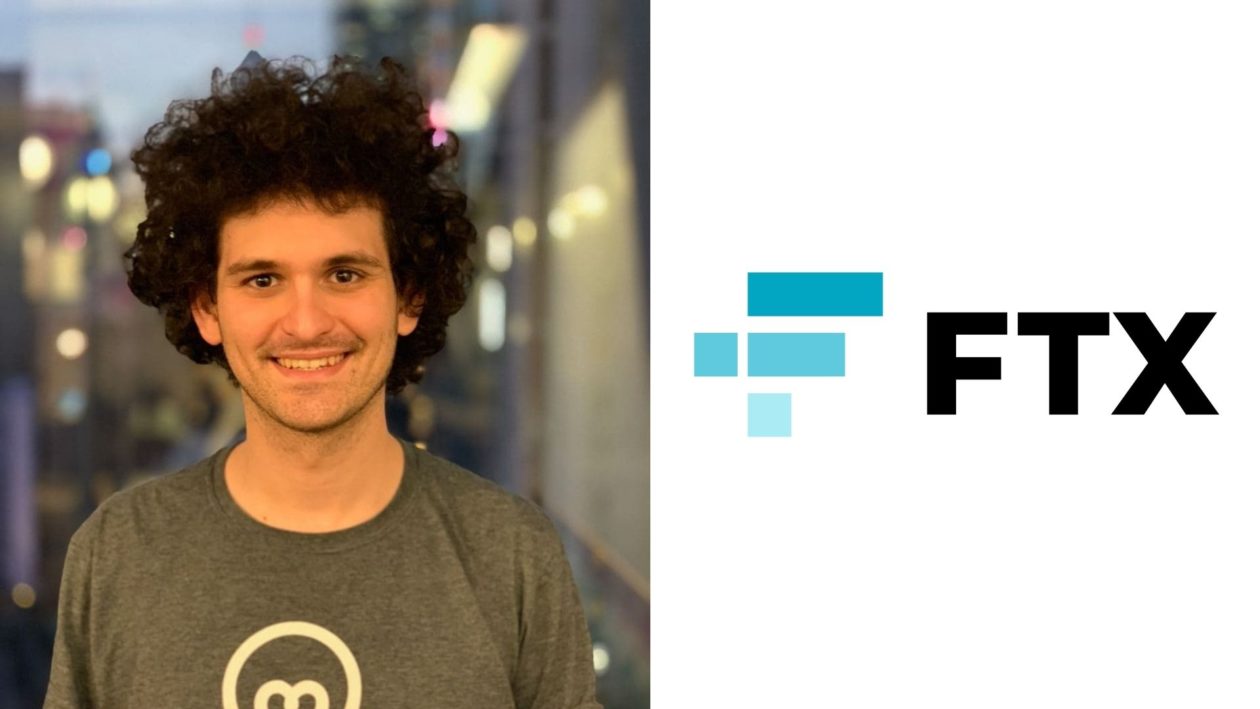Crypto derivatives exchange FTX today made history following its whopping US$900 million Series B fundraise — the largest for a crypto exchange to date — at a US$18 billion valuation, according to a company statement.
Over 60 investors participated in the fundraise, with the list featuring some of the most prominent names in the private equity and crypto industries.
“It’s our first large fundraise, but through it we’ve formed a hugely valuable set of partners,” said Sam Bankman-Fried, CEO of FTX, in a statement. “We started out as a new derivatives exchange two years ago, and this round will help us continue to build out a bigger and broader vision for what FTX could become.”
See related article: How FTX CEO Sam Bankman-Fried navigates crypto trading’s new normal
FTX’s roots and rapid growth
Incorporated in Antigua and Barbuda, Hong Kong-based FTX has seen explosive growth since its launch in May 2019. The company has emerged to be one of the leading crypto exchanges for crypto derivatives and spot trading, with over one million users ranging from crypto-native investors, institutional traders and family offices. Daily trading volumes on the platform average over US$10 billion — a 25x year-on-year growth from April 2020.
For comparison, Nasdaq-listed Coinbase — the largest cryptocurrency exchange in the U.S. that was founded in 2012 — reported an estimated US$335 billion in trading volume for the first three months of 2021. The giant in the space, Binance, reported over US$2 trillion in Binance Futures monthly trading volume in June. Binance had, in 2019, invested into FTX and was its first external investor. Binance has since given up its equity stake in FTX, Binance confirmed to Forkast.News.
Alongside the crypto bull run earlier this year, FTX’s revenues have increased over tenfold in 2021 and 75x since its Series A funding round in 2020. FTX says it intends to deploy the fresh capital to expand its product offerings, user base and partnerships to drive further growth.
New alliances with Tom Brady, Gisele and Major League Baseball
The company has recently announced several high profile partnerships, including with American football star Tom Brady and his supermodel wife, Gisele Bündchen, as well as sports sponsorships with Major League Baseball, e-sports organization TSM and a 19-year, US$135 million deal for naming rights to the home arena of the National Basketball Association’s Miami Heat.
“In less than two years, Sam and team have built a unique company and culture centered around staying nimble and putting their customer first,” said Nick Shalek, general partner at Ribbit Capital. “As crypto becomes more ubiquitous, FTX has the opportunity to build a next generation financial services brand, spanning exchange, payments, and many other categories to come. The Ribbit team is excited to partner with them on their journey to grow the digital currency ecosystem and change finance.”
See related article: How FTX crypto exchange won over 1 million investors and grew 25-fold
Although a relative latecomer to the crypto exchange industry, FTX has differentiated itself for launching innovative products at speed. Its diverse product offering includes crypto derivatives, options, volatility products, tokenized stocks, prediction markets, leveraged tokens, OTC and pre-IPO tokenized stocks.
FTX also attracted a lot of attention over its futures contracts, such as the TRUMP-2020 and other President 2020 contracts, which allowed traders to bet on the U.S. election outcome.
“[FTX’s] latest fundraise illustrates the enormous potential for crypto markets despite the price of Bitcoin and other altcoins falling by over 50% from their recent highs in May,” said Lucy Gazmararian, founder and managing partner at Hong Kong-based Token Bay Capital, an early stage digital assets venture fund, in an interview with Forkast.News. “The market opportunity is clear when you look at the exponential growth in FTX’s year-on-year trading volume, which dwarfs other industries, particularly when viewed against the macroeconomic backdrop of the Covid-19 pandemic.”
“The FTX platform continues to roll out innovative trading products and attract new users at breakneck speed,” Gazmararian added. “The rise of our blockchain-enabled financial markets infrastructure is leading to an explosion of innovation, introducing products that are easily accessible and which are empowering the next generation of traders.”
Will heightened regulatory scrutiny be in FTX’s near future?
But as crypto companies grow in size and market power, regulators are also stepping up their oversight of the industry. Hong Kong’s Securities and Futures Commission this month issued a warning that Binance was not allowed to conduct “regulated activity” in the city, specifically in the trading of stock tokens — which FTX also offers.
In a recent interview, Bankman-Fried told Forkast.News that FTX was in discussions with countries introducing crypto derivatives licenses in view of acquiring one. “This is obviously a new area for the world and most jurisdictions are still trying to figure out how to handle the more complex products in the space.”
“One question in the community is that FTX is defined as a derivatives exchange, but the trading volume is far lower than Binance, Huobi, OKEx, Bybit. Is the valuation of 19 billion US dollars too high,” tweeted crypto blogger Colin Wu, who goes by the Twitter handle @WuBlockchain. “There is a funny saying that Binance and Bybit, which have larger transaction volumes, are often warned by governments, but FTX is rarely warned.”
The investors in the Series B includes Paradigm, Sequoia Capital, Thoma Bravo, SoftBank, Ribbit Capital, Insight Partners, Third Point, Lightspeed Venture Partners, Altimeter, BOND, NEA, Coinbase Ventures, Willoughby Capital, 40North, Senator Investment Group, Sino Global Capital, Multicoin, the Paul Tudor Jones family, Izzy Englander, Alan Howard, VanEck, Hudson River Trading and Circle. FTX’s ventures team led the investment process with help from Paradigm, Ribbit and BTIG.





